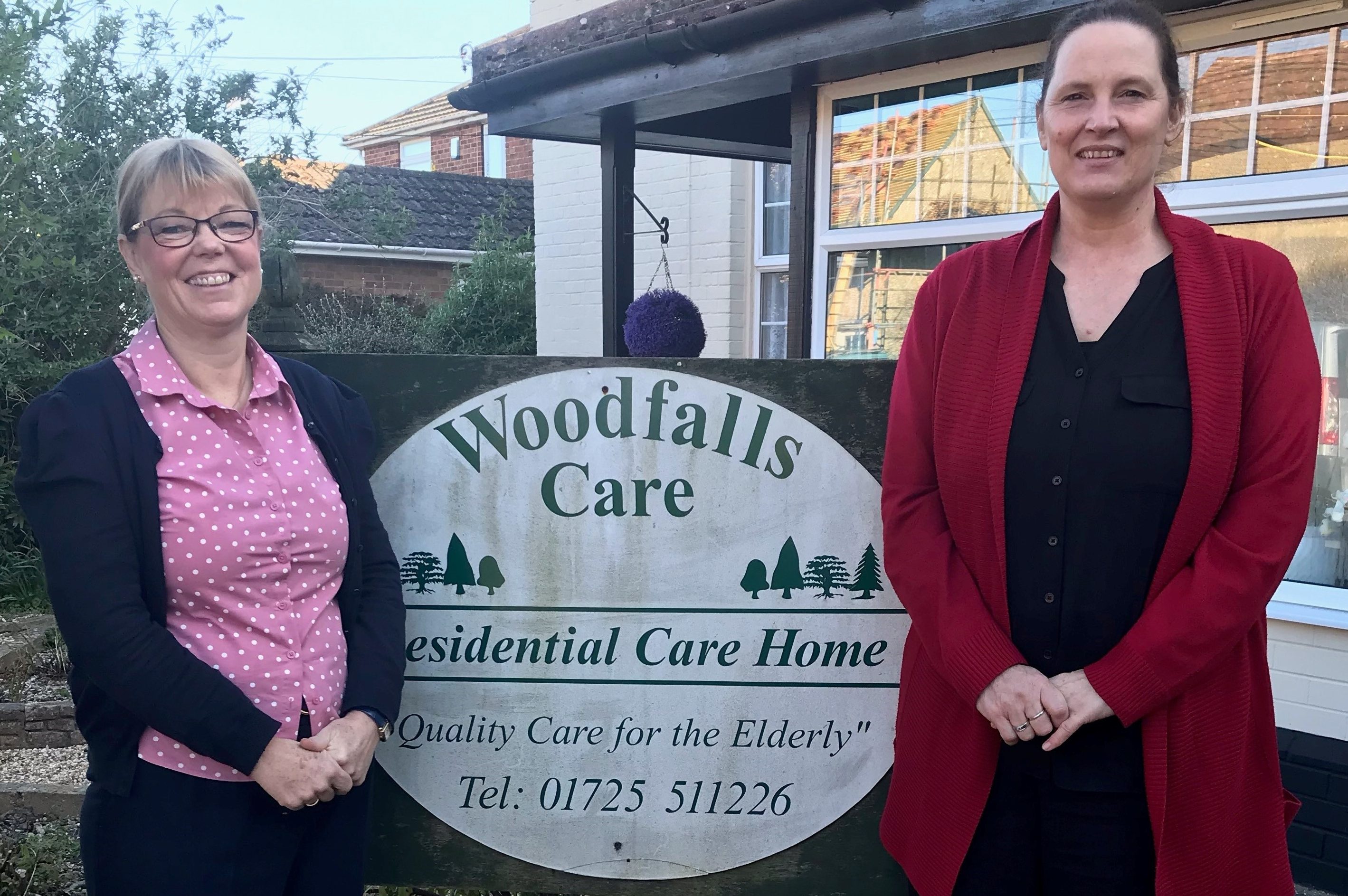
Plate spinning in a pandemic
Running a care home can be a stressful business in ‘normal’ times, running one during a pandemic feels simply crazy!
There is so much to think about. Of course, my main responsibility is maintaining the health and wellbeing of our residents. I have to make sure their needs are met, each and every day. This includes coordinating staffing levels, mealtimes, medication, activity, hygiene and care planning. Add COVID-19 to the mix and keeping all these plates spinning becomes even more difficult.
I am of course grateful for any extra help, a little or a lot. One morning in February, I was checking emails (there are so many ‘COVID’ related emails now, but I always try to keep up to speed). On this particular morning, I saw an email from Wiltshire Council, inviting the home to sign up to an initiative called ‘Call to Care’.
Call to Care is a social care recruitment drive inviting applicants to apply for care roles on a short term basis, primarily to ease staffing pressures during times of peak demand, such as winter.
This seemed too good to be true. Candidates would go through all the usual checks as other staff have done, be given free training, then matched with care homes needing support. Fantastic!
I wrote back to register my interest and soon received an email with details of a candidate, Pascalle, who might fit the bill. She had been furloughed from her job as assistant manager of a travel company. I looked through the details and saw she had no experience in care at all. I quickly moved onto the next email, thinking ‘by the time I get her all trained up, she’ll be back to her travel job’.
That said, I hadn’t discounted her application entirely. When running a care home, it becomes part of your life, you think constantly about the job, the residents, the staff and how things could be improved. A lot of my thinking happens when I really need to sleep!

Early hour epiphany
Wide awake at 5am the following morning, I suddenly had a brainwave. This candidate may not have any care sector experience, but she was a front of house manager, with great qualifications and obvious initiative and self-motivation.
These qualities could still come in useful. I needed someone with great organisational skills to look after all things COVID-19 related, especially with a period of intense activity coming up. The following week would be the start of relatives visiting again – how was I going to do all this by myself?
All visitors would need to be tested, registered and risk assessed. Not only that, new policies and protocols would have to be written up, rooms would need to be cleaned before and after visits, the list was endless – this candidate could be the answer.
The next day, I called my contact at Wiltshire Council. With a real feeling of anticipation I asked, if Pascalle would be interested in being my COVID-19 specialist. Luckily for me, she was.
Pascalle arrived the following Monday morning. This was three weeks ago. She has been everything I hoped for and more. She is bright, cheerful, helpful and willing to do whatever is required. She has made the role her own and fitted into the home really well.
Finding the right people for careers in care can be challenging. This initiative, in my opinion, is an excellent use of resources. It extends a call for help to a sector of people who would otherwise not be reached. It creates opportunities for people who want to help, but are not sure how, and it certainly helps managers solve recruitment issues.
I do not know how I would have managed without Pascalle these last few weeks. I am sure I would have struggled through, but some things would not have been accomplished and fallen by the wayside. My Wiltshire Council contact has now found me another delightful young candidate to assist me with the care of residents. I am hoping this placement will be just as successful.
Find out more
If you’re interested in social care as a career rather than a short-term role, visit the Everyday is Different website to find out more and apply for jobs.